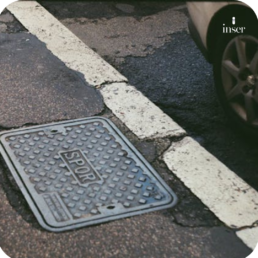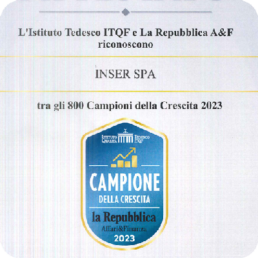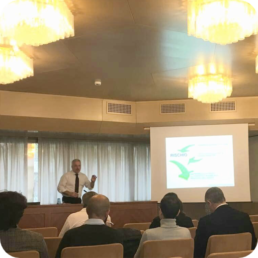The new definition of “gross negligence”: a caveat to the principle of trust

Inserted as a caveat to the general principle of Trust, it becomes the basis for the imputation of fiscal responsibility. So, it is important to know when there is (or is not) gross negligence.
If in order to arrive at a result it is necessary to “trust” the administration and its choices, however, within the scope of the activity (or non-activity) performed, the public official may incur the new administrative liability for gross negligence. According to Article 2, Paragraph 3, there is gross negligence, in cases of violation of rules of law and administrative self constraints, as well as in the circumstances of blatant violation of the rules of prudence, expertise and diligence. Thus, the new Procurement Code introduces two hypotheses of gross negligence: the specific one, which requires the violation of (i) rules of law and self-binding (think, for example, the failure to comply with the clauses of the tender notice); or the generic one, which can be traced back to (ii) blatant violation of the rules of prudence, expertise and diligence. On the other hand, serious misconduct does not occur, even though the employee has engaged in the above-mentioned violations, where the violation or omission was determined by reference to prevailing case law or opinions of competent authorities. And given the literal tenor of the provision, scriminations will certainly operate in cases of pronouncements of the Council of State, or opinions issued, for example, by ANAC, AGCOM, the State Bar and the Council of State itself, in an advisory capacity. However, the new gross negligence regime is temporarily limited: Article 21(2) of Law No. 76/2020 exempted liability for gross negligence for commissive acts only. More precisely, in order to avoid a total paralysis of procurement (given that the past problems related to “defensive bureaucracy” were compounded by the emergency situation of the COVID pandemic), in 2020, the legislature decided to exempt the public employee from only commissive negligent acts. This regime, initially scheduled to last until June 30, 2023, was extended to December 31, 2024. Therefore, as of today, liability for gross negligence covers only omissive conduct. Upon expiration, the legislature may decide to extend, or reinstate the ordinary liability regime. For further discussion:- Art. 2(3) of Legislative Decree 36/2023;- Law No. 76/2020, Article 21, Paragraph 2.












































































